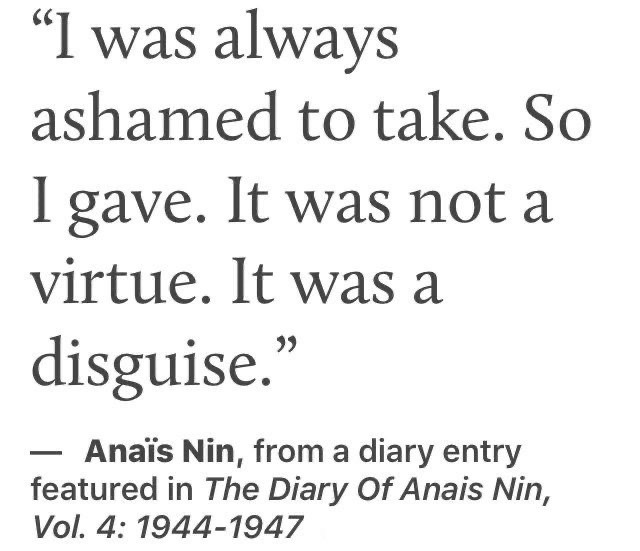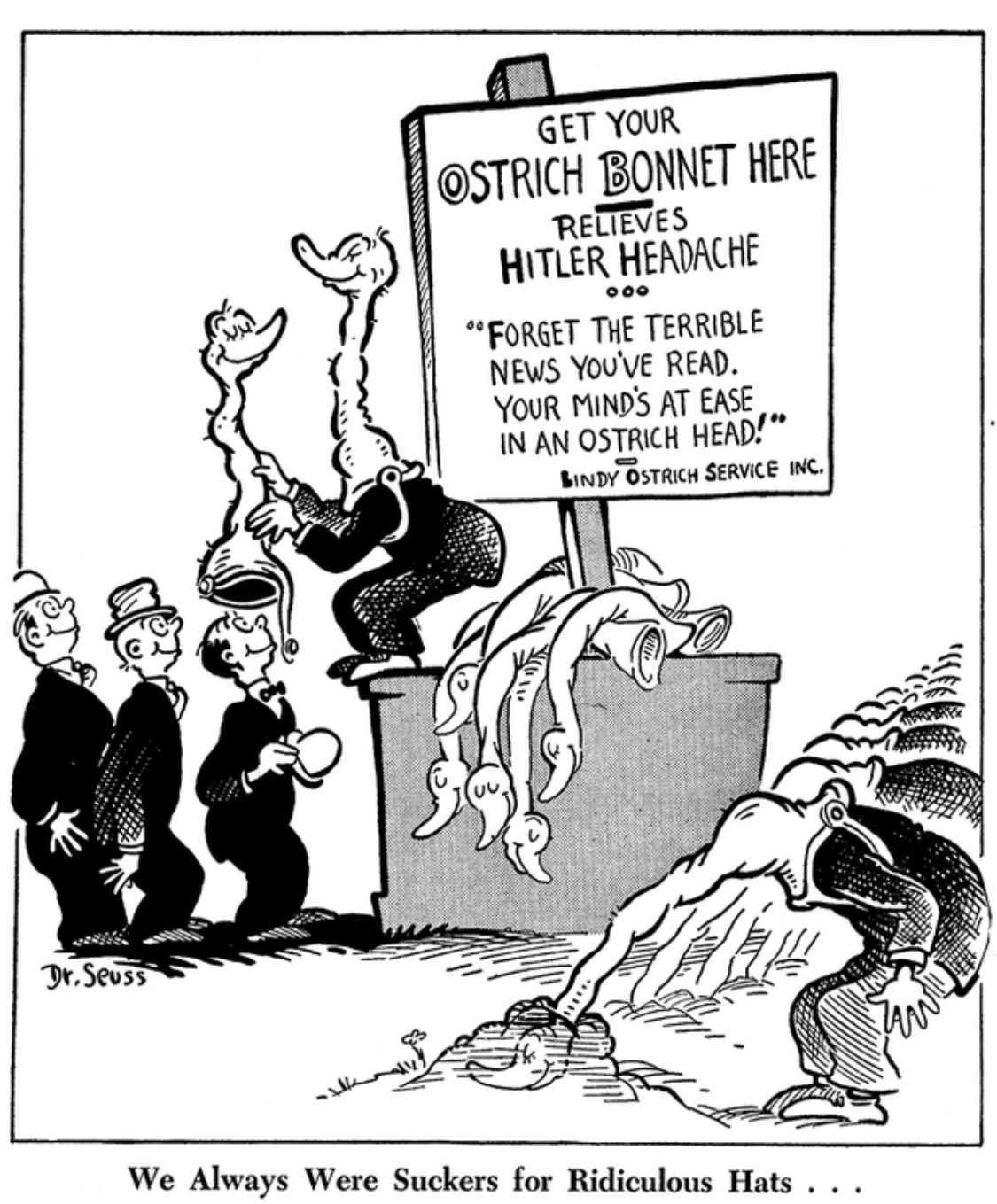The journey to acceptance for victims of family scapegoating is long
and complicated. The journey to healing, I dare to say, is even more
challenging.
There are several hurdles the victim has to overcome to reach full
acceptance. All these hurdles have to do with hope that some form of
reconciliation might be possible, that reparations can be made, that the
scapegoating family members could realize how they wronged the
scapegoat and that they have the capacity to regret their behaviour. In
short, these hurdles have to do with the hope that despite all that has
passed, the scapegoating family members somehow do care.
Letting go of a part of your life is tough
It is not a small ask to expect a person to just let go of all
familial connections, of the environment that shaped them and formed the
backdrop of their formative years, no matter how dysfunctional. For a
child or a young person, that family was all they had, it had been their
entire world. And in most dysfunctional families, the bad would be
interspersed with some good.
Intermittent reinforcement
This sprinkling of good memories among the bad makes the process of
letting go even harder. It functions like that proverbial breadcrumbing
frequently utilized by narcissistic abusers. It binds the scapegoat to
the scapegoater through that wicked mechanism of intermittent
reinforcement. (I’m sure you’ve heard about those experiments with rats
in a cage.)
And so, the recovering scapegoat will be going through phases of genuine longing for those lost good moments.
When we are dealing with family scapegoating, we are dealing with
serious mental health issues on the side of the scapegoaters that might
not be obvious to external observers. The scapegoat’s confusion and
complicated emotions towards the scapegoaters are an imprint of those
scapegoating family members’ mental reality. It is them who created that
confusion, often deliberately, with their unpredictable actions and
gaslighting. The inconsistency of love and care creates a powerful bond,
which, even though suppressed by the victim in recovery, keeps pulling
the victim back.
Grieving what should have been
This is where patience and self-compassion must be practiced. Our
cognitive selves are way ahead of our emotional selves in processing
information about our loved ones. The emotional self needs time, support
and compassion to come to terms with realities that are in such a stark
contrast to what we had believed was real. The emotional self can’t
just let go. It must be heard and given time to grieve.
Through therapy and self-education, a victim of family scapegoating
gradually develops his or her understanding of what a family should be,
how they should have been treated as children and young people, how
caring, love and kindness actually look like.
As this understanding grows, so does the resentment, disgust and
anger of the scapegoat towards the abusive family members. With a delay,
the victim is finally comprehending the harm done to them.
As this understanding grows, the grief expands beyond the time, love
and relationships lost. The scapegoat must fully comprehend the hole the
family dysfunction created in their lives and the effects it still has
on them in the present. This hole is real and lasting. There is no warm
encouragement, no concern over the scapegoat’s wellbeing. There is
silence, there is talking about the scapegoat behind the scapegoat’s
back. Patching up this hole in adulthood is the most difficult aspect of
the healing process, the one many of us keep stumbling over and over
again (more on this later).
False promises
Occasionally, the hope that prevents the scapegoat from accepting
reality receives fuel in the form of occasional communication attempts
from members of the scapegoating family systems. Some of these attempts
may seem, on the surface level, motivated by an actual interest to
reconnect with the scapegoat. Very quickly, however, the scapegoat
realizes that the only reason for the communication attempt is to bring
the scapegoat back into line. That bringing into line requires the
scapegoat to accept the dominant narrative of the scapegoating family.
The victim is under pressure to accept that there have never been any
problems and that all has been just in the scapegoat’s head. If there
were problems, they were the responsibility of the scapegoat, not the
scapegoating family system.
This is an impossible situation for the awakened scapegoat, who has
begun to speak up against the abusive, toxic and dysfunctional behaviour
they had been subject to growing up in the toxic family system.
The toxic family can never look at itself. Instead, it sees the
scapegoat’s protestations as evidence of his or her faultiness or
difficult nature.
The delusional world of the scapegoating family system
There are no real conversations in the toxic family system. There is
either silence or pretending. There is control through overt and covert
forms of oppression. There is no interest ever to hear and acknowledge
the validity of the scapegoat’s reality. Whatever the scapegoat has to
say can’t be real, they must be making it up, they must be crazy, too
sensitive. The scapegoating family is perfect and will not entertain any
information to the contrary.
Members of the scapegoating family who control the narrative either
truly believe the story they spin or are deliberately using
manipulation. The mechanism of projective identification is powerful in
narcissistic personalities. It serves as a self-protecting mechanism,
not allowing the disordered family member to ever face his or her own
imperfection, shame and guilt. The guilt and shame need to be projected
onto the scapegoat. If the scapegoat protests against the disordered
family member’s behaviour, this protestation will be deemed the problem
by the disordered family system rather than the behaviour that provoked
the protestation.
The narrative about the scapegoat’s faultiness has a firm hold on the
family and is accepted by the entire system, even by people who
otherwise spent very little time with the scapegoat to be able to form
their own opinion.
The behind the back nature of family scapegoating abuse
This firm hold is established by the disordered family member’s need
to constantly retell their version of the story. In a toxic family,
people don’t talk to each other about problems they have with each other
in order to solve those problems. They talk about each other behind
each other’s back. This tactic is mostly employed by the controlling
family member. Sometimes, the scapegoat attempts to set the record
straight but is usually not believed and dismissed.
The toxic story-telling continues even after the scapegoat physically
leaves the family system and will intensify if the scapegoat speaks up
and seeks support outside the family system. It always has to be someone
else, not the family, that is wrong. Either the scapegoat, their
therapist or the scapegoat’s friends must be spinning a false narrative.
With this mindset, there is no chance for reconciliation. The
scapegoating family is not interested in reconciliation and repair. They
are only interested in maintaining their dominance and control over the
narrative.
It’s important to note that scapegoating families have patterns of
behaviour that lead to the accumulation of skeletons in the family
closets. The scapegoating family members are psychologically not strong
or evolved enough to process these inconvenient truths and learn from
them.
Difficult emotions
Coming to terms with the whole truth about the scapegoating family
system is a long journey, full of ups and downs and some very difficult
emotions. The more the scapegoat speaks up, the more the system rejects
them. The more the system rejects them, the more they hurt. It is their
own family, their flesh and blood that over and over is showing to the
scapegoat that they mean nothing. The family’s dysfunction is dearer to
the system than the scapegoat. There will be anger, there will be rage,
there will be resentment.
The scapegoat is asked to achieve some nearly divine level of
forgiveness and understanding. They are asked to take full
responsibility for themselves and their emotions, their safety in the
world and their basic human need for connection. The family will fulfill
none of that and the scapegoat must cease being bitter, somehow,
eventually.
It’s hard. It’s hard because life is hard and in the scapegoat’s life
there is a hole and there is meanness and darkness where there should
have been love, support and nurturing. Of course, the scapegoat is
bitter. Of course, the scapegoat is resentful. Thanks to all their
education and psychotherapy work, they now understand what life should
have been, what family connections should have provided, what life
should have been like. But accepting fully that none of those needs will
be fulfilled by the family and directing all energies towards finding
ways how to plug those holes and build a more secure and full existence
is the only way forward.
But there are challenges.
What is healing and how can it be achieved?
True healing doesn’t happen when reading books and sitting in a
psychotherapist’s office. That’s only the research and study part of the
recovery process. The actual healing happens in the real world by the
scapegoat creating a different, better, more connected, fuller life
experience.
The main hurdles to healing
But that is not easy either. The scapegoat is programmed to be drawn
towards dysfunctional people. He or she most likely has co-dependent
tendencies and subconsciously tends to connect with people to whom he or
she can be useful, whom he or she can rescue. They may also be prone to
falling for narcissistic personalities who present as an answer to all
the scapegoat’s prayers. The scapegoat is stumbling through the world,
learning from one painful, interpersonal experience after another,
losing hope, getting more distrustful with every disappointment.
So, is there hope?
It appears to me that the scapegoat needs to accept that their
approach to meeting their complex and difficult emotional needs has to
be multi-faceted. On one hand, we do need others who can relate to our
experience. We need others like us. But on the other hand, connecting
with other ‘damaged’ people is a risky business. Triggers flare up,
communication skills are not yet developed to repair ruptures and more
trauma ensues.
The scapegoat’s survival depends on their ability to keep going. To
learn from every failure and approach the next situation with a bit more
caution, bit more wisdom, accepting fully that interpersonal
relationships are a mine-field, but having faith that with patience and
constant work, it can be done.
I have previously written about the tricky business of 12-step
fellowships, such as Adult Children of Alcoholic and Dysfunctional
Families. But the truth is that one dysfunctional meeting should not put
the scapegoat off such support groups forever. They need this type of a
connection, but they need to work on other types of connection as well.
The scapegoat also needs to work on their self-esteem and confidence
through their professional endeavours, building further networks of
connections and carving a space in life for themselves where their
family of origin had none for them.
I am not there yet, I still have a long journey ahead of me, but it
appears to me that achieving radical acceptance and a full understanding
of the family situation as well as the wider context of the problem, is
the first solid step in the right direction. There will be no magic
bullets, no sudden filling of all the holes and voids through one single
person, one single group. A lot is asked from us, and unless we accept
that it all has some sort of a higher meaning, it is hard to accept why.
But I do believe that scapegoats do have a sort of special power.
They know the society’s dark truth. They are the ones that were
silenced, marginalized, erased. They know. They know too much. But they
might be able to use it to create change. And since change always must
start on a small scale, I would like to hope that a connecting and
collective healing of scapegoats could bring something into the world
that has been missing to the detriment of everyone.
more articles here...













